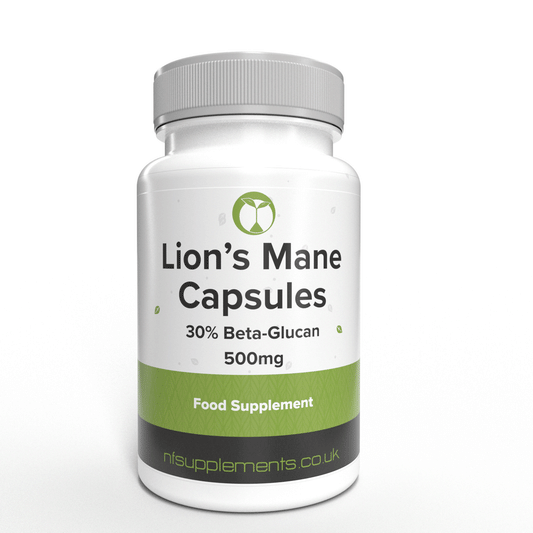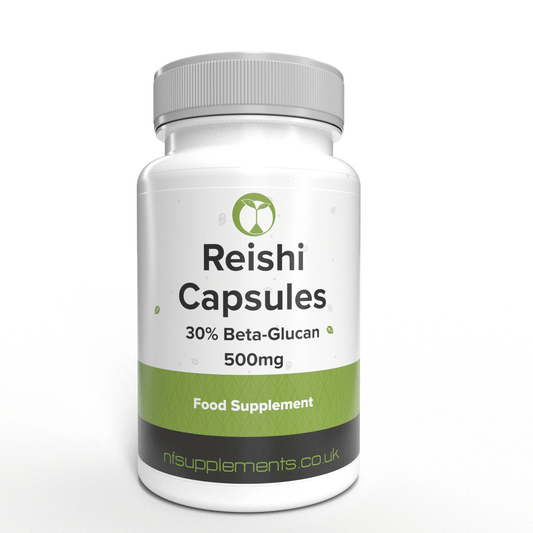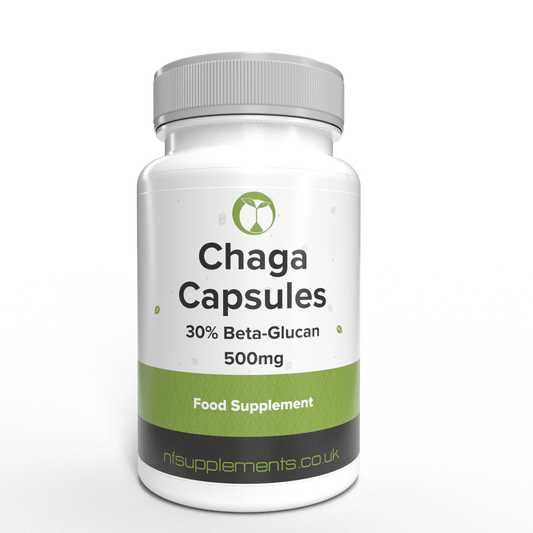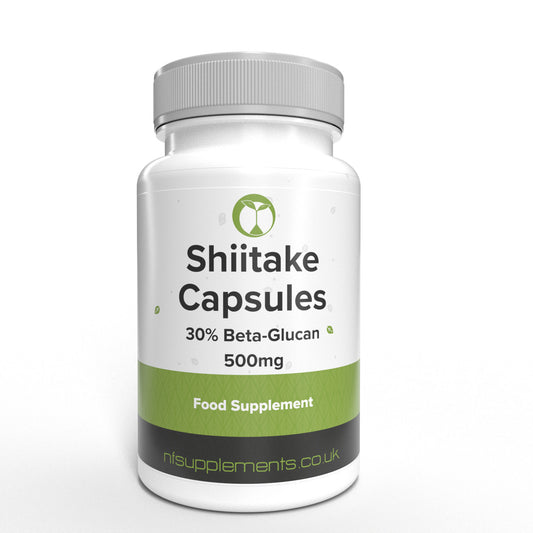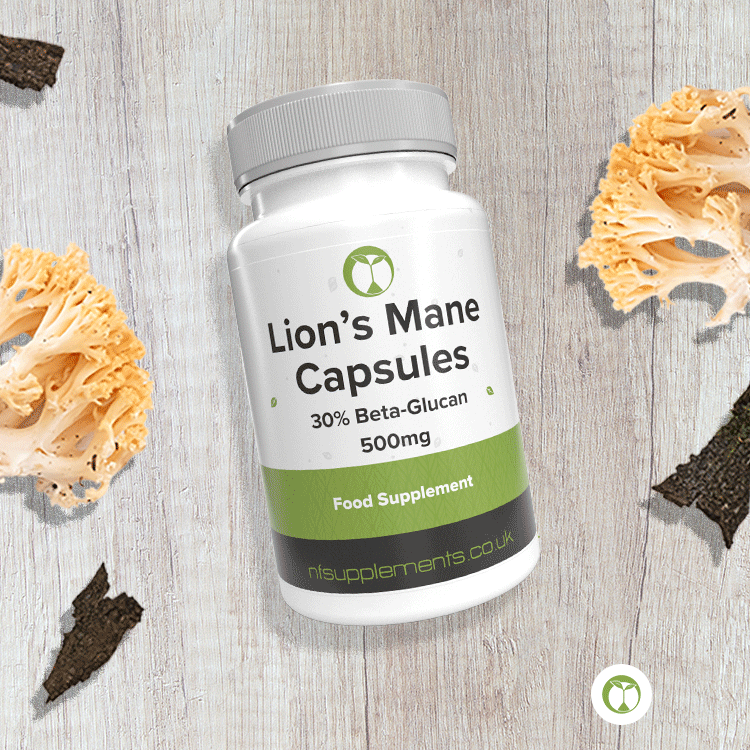
How to use
-
UP TO FOUR CAPSULES PER DAY
Take one to four 500mg capsules daily, ideally in the morning.
-
WITH OR WITHOUT FOOD
Lion's Mane can be taken with food or on an empty stomach. However, the impact of food on supplement absorption is often unpredictable as different compounds within food can interact with the supplement in different ways.








